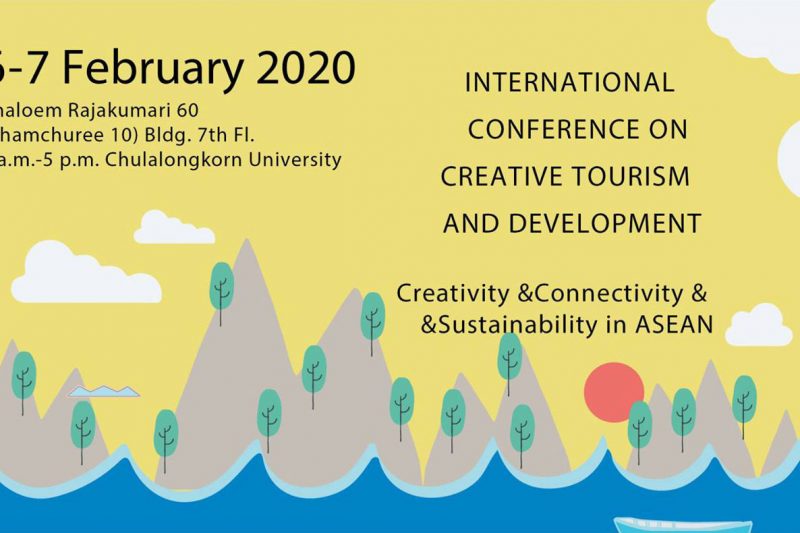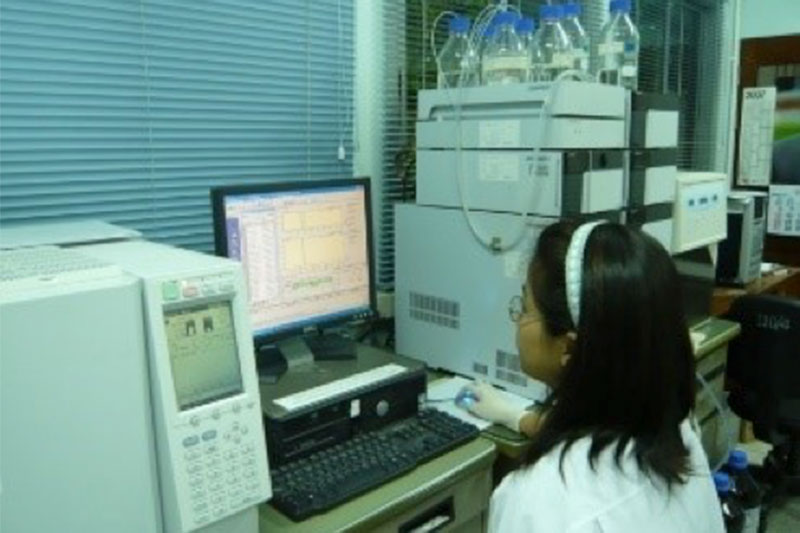Numbers don’t tell the whole story about rich-poor gap, seminar hears
Social inequality in Thailand is getting worse despite government economic policies designed to help the country escape from the “middle-income trap”. In light of the current economic slowdown and unequal distribution of wealth, compounded by political conflict throughout the past decade, the biggest concern among the people is which direction Thai society will follow.
The above question was the topic of workshop entitled “Reducing inequalities in Various Dimensions for Sustainable Social Development”, held by the Faculty of Commerce and Accountancy of Chulalongkorn University and Oxfam on Oct 29-30, 2019.
Associate Professor Vimut Vanitcharearnthum, from the Department of Banking and Finance in the Faculty of Commerce and Accountancy, shed light on how social inequality is assessed in a presentation titled “Reducing Inequalities: Recent Experiences from Thailand”.
In academic circles, inequality is usually measured based on information on household incomes obtained from the National Statistics Office. This is used to calculate the country’s Gini coefficient, a universally recognized indicator to determine inequality in the distribution of income or wealth. A reading of zero implies perfect equality while a reading of 100 implies absolute inequality, under the system devised by the Italian economist Corrado Gini in 1912.
According to the World Bank, Thailand’s Gini Index was 36.5 in 2016, down significantly from 47.9 in 1992. But Assoc Prof Vimut cautions that the numbers might not tell the whole story.
“From our database, we find that the figures look good. Inequalities have narrowed,” he told the gathering. “But our question is can we trust the information because, in most surveys, the rich and the super-rich are often left out.
“But their wealth is fully reported in Forbes magazine, which offers us an insight into how quickly their wealth has increased.”

In determining inequality in Thailand, Assoc Prof Vimut used additional information from the Revenue Department to find out how much tax high income-earners have paid, and the findings show that inequality in Thailand has barely changed.
“The asset holdings of the rich are very high, a reflection that inequality in Thailand has not been reduced as expected,” he said.
The professor’s research also looked into access to social services such as education and health by the rich and the poor. The findings show that an increasing number of people have access to education and healthcare, but the quality of education and healthcare needs to be improved.
The professor noted that the new generation of Thais are more educated and have better access to healthcare than their predecessors, but the quality of the services remains a problem.
“The poor may have equal access to education as the rich, but the quality of their education cannot be compared with that available to rich people,” he said.
Assoc Prof Vimut has blamed government economic policies for contributing to economic inequality, as the policies appear tailor-made to benefit the rich and the powerful. To narrow the gap, he believes a fairer tax system needs to be implemented.
“So far, the Revenue Department has not taken any step to address inequality,” he said. “Instead, most policies are beneficial to the rich resulting in the concentration of wealth among a handful of the rich and very rich.”
He called on the government to come clean by ensuring transparency in tax management to prove to the public that it is capable of managing tax collection and disbursement to the utmost benefit of society.
Only through effective and fair tax management will people be willing to pay their taxes, said Assoc Prof Vimut.
He also warned that the problem of inequality in various aspects is getting worse and may lead to undesirable consequences such as violent unrest if it is left unchecked.
“In light of inequality and the government’s complacency about beginning to overhaul income distribution, instead focusing on short-term policies to curry favor among the people, middle and low-income earners may rise up to demand changes. This may end in another round of serious unrest.”
Original article: https://www.chula.ac.th/cuinside/24989/
11 November 2019
Others




